Real estate is a team sport, which is why it is important to build out your roster of investment professionals: who should be on your team and why you need them.
Especially when you’re first starting out, you’ll want to take advantage of other people’s knowledge and specialties. They’ll fill in the gaps in your own knowledge base and help you stack the deck in your favor.
As motivational speaker Jim Rohn famously said, “You are the average of the five people you spend the most time with.” Surround yourself with successful real estate professionals, and there’s a good chance they’ll rub off on you.
There are a handful of core roles you’ll want on your team, regardless of your market or asset class: investor, operator, contractor, broker, lender, inspectors, and attorneys.
Let’s go through each of them and explore the parts they play in the overall investment process.
INVESTOR, MONEY, OR EQUITY
All of these titles are synonymous with who is putting in the money. This can be you, a single investor (maybe a rich uncle), a group of people in the deal together, or it can be something like syndication or a fund. With commercial real estate, having this figured out before you start buying properties is going to be paramount to your success.
OPERATOR OR SPONSOR
Who is going to manage this investment? Who is going to pay the bills, organize the architects and lenders, and coordinate everything? This role might be fulfilled by one of the people on your team, it might be a combined effort, or it might be a firm that you invest with.
CONTRACTOR
A contractor is one of the most important people you’ll want on your investment team. If you remember my story from the book’s Introduction about getting started in real estate, there’s a reason the successful real estate developer at the country club gave twenty-three-year-old me this piece of advice: Become a contractor.
Until you have a partner contractor or a go-to contractor that you trust, make sure to get multiple contractor bids for every project. There’s a huge amount of variation in potential pricing between companies.

REAL ESTATE BROKER
The second person you want on your investment team is a real estate broker. The broker will manage several jobs, including finding properties, sourcing deals, and delivering market data. You’ll want to find a broker who specializes in your target market and asset class, whether that’s the retail market, industrial properties, or other commercial real estate assets.
Keep in mind that brokers are usually working with incomplete information. Their pro forma, the financial projection for a property, tends to be far more optimistic than reality.
LENDER OR CAPITAL MARKETS
Your next team member is your lender or capital markets group. As I covered in Chapter 6 of my book, you have many different options for financing: traditional lenders (banks or debt funds), cash, negotiation, retirement funds, seller financing, master lease, alternative lenders (hard money or private lenders), and partnerships. Some of these options require partnering, or at least working closely, with the people sup- plying your funds.
INSPECTORS
Another member of your team is the inspector, or sometimes, a contracted boots-on-the-ground person. Several potential people can perform the role of the inspector, including an inspector, engineer, or architect, depending on the project’s needs. Many commercial buildings have complex systems, so if you’re looking at an office building or hotel, for example, you might need someone who specializes in heating and air conditioning.
Generally, the inspector checks for code compliance and the condition of the building and its systems.
ATTORNEY
Last, you’ll want to have skilled attorneys on your team to handle any legal matters. Attorneys are like doctors and tend to specialize in certain areas of the law. A securities attorney might be great at setting up your legal entities but be way out of their league on zoning and land use laws. Understanding many facets of your plan will help you better determine the attorneys you will need to work with.
When financing a purchase, especially if you’re raising money from other people, you can quickly run into certain security laws that can get you in trouble. A good attorney can help you manage these issues or avoid them altogether.
Now that you know the core roles on your investment team, you can start finding eligible candidates right away.
You don’t need to—and shouldn’t—wait until you’ve bought your first property before making connections. Start now.
Create a list of people who have the specialties and skillsets you’ll need for future investments. Referrals can be a great way to learn about experienced professionals with the talents you need, so try asking other real estate investors in your market for names. You can also search for potential candidates online; just be sure to vet them thoroughly. Ask about experience, skillsets, policies, and insist on speaking to references.
Remember, it is not always about an impressive resumé́ but having the specific talents and knowledge that your investment projects require.
Did you find this information helpful? Drop a comment below!
Don’t forget to snag a copy of my new book Catching Knives.
Packed with practical advice and personal anecdotes, this is your guidebook for embracing the next economic downturn and navigating the risk of distressed investing. With the right strategy, you can be one of the few who lean into hard times, make the most of them, and take advantage of once-in-a-generation opportunities.
Follow Along:
Instagram: @Jake.RealEstate
LinkedIn: Jake Harris

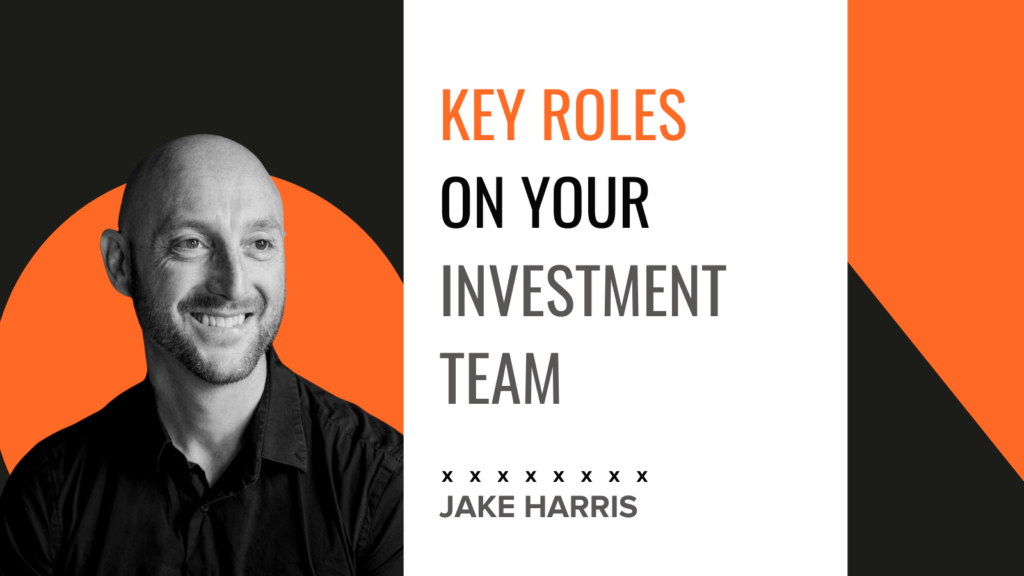

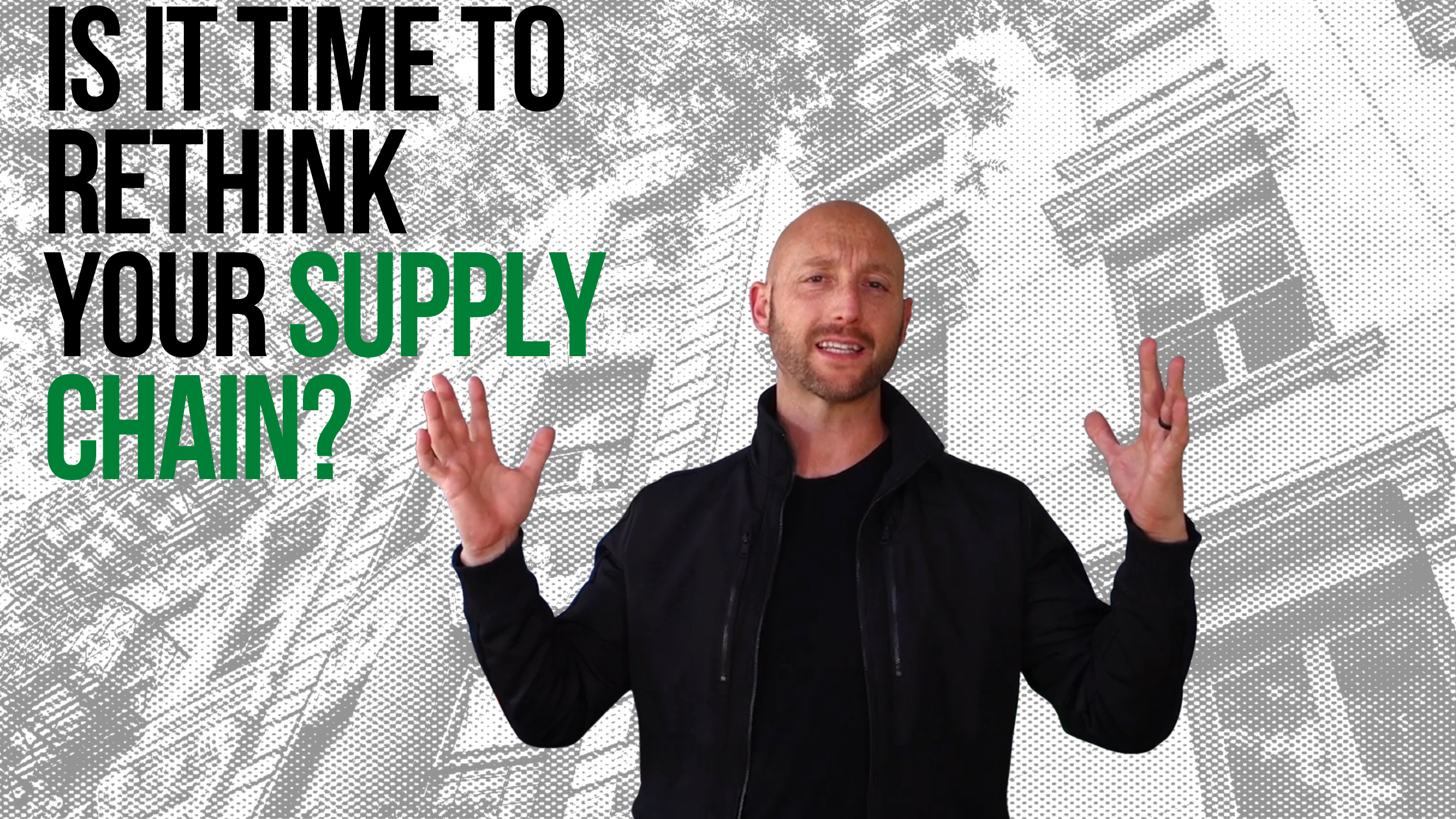
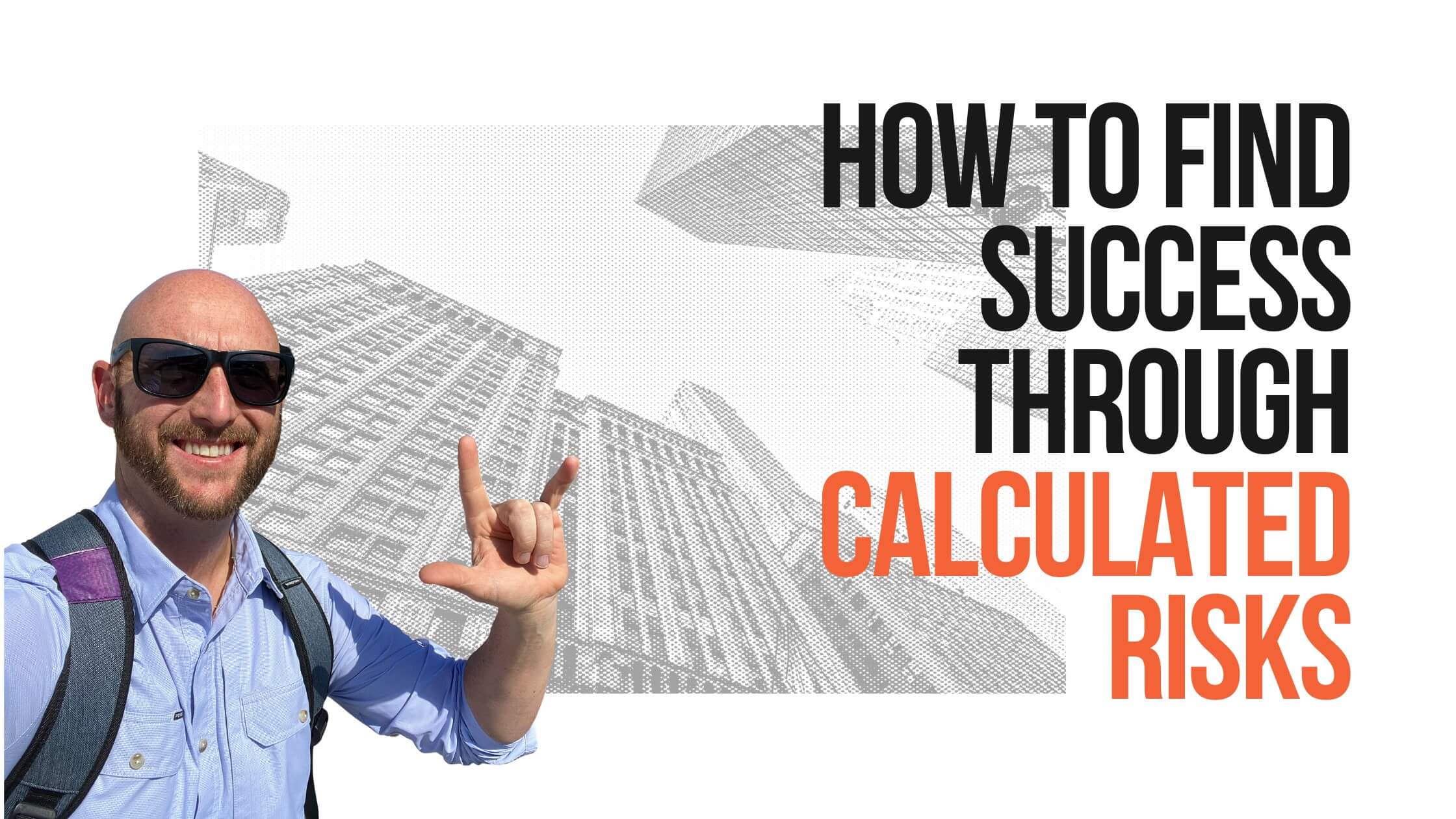





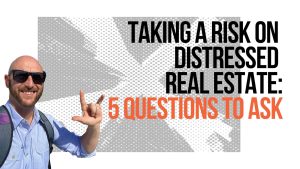

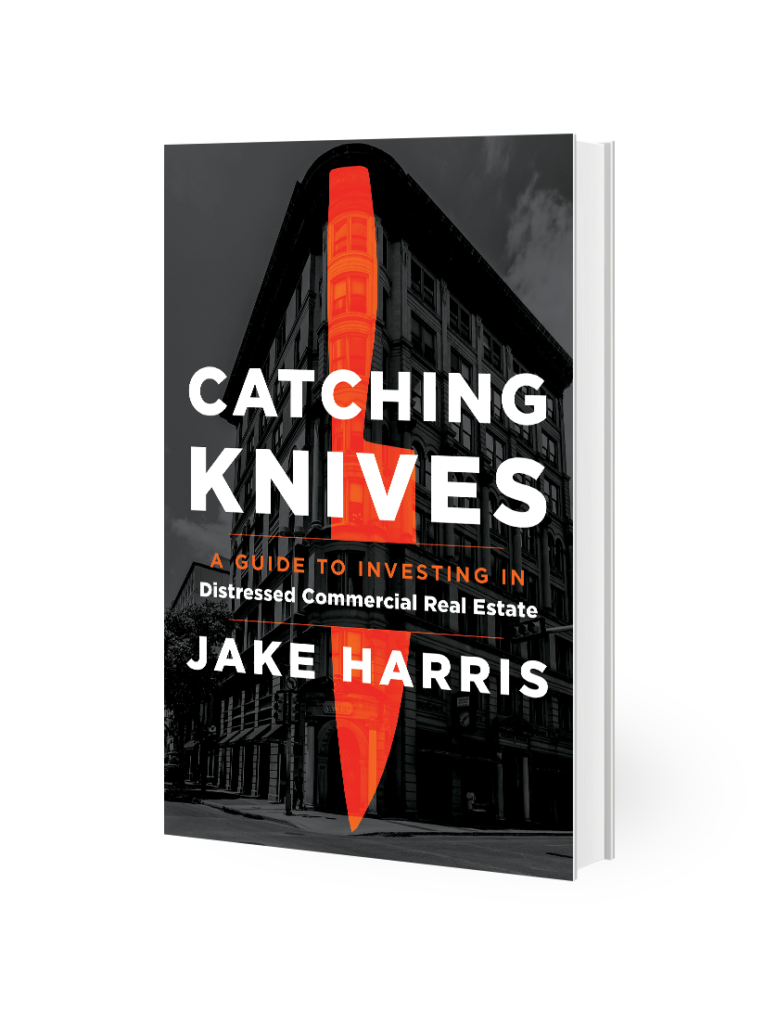
One Response
Real estate and property investments are great assets for the future financial stability and helpful guide you provided. Thanks for sharing.